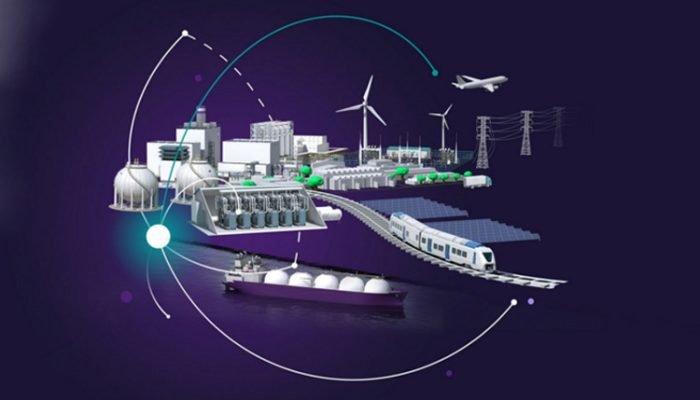The use of hydrogen as a fuel source for transportation has been gaining momentum in recent years, and now this technology is set to revolutionize the way ships are powered in India. Hydrogen-fuelled electric vessels have the potential to become a game-changer for the country’s shipping industry, helping to significantly reduce carbon emissions and air pollution. Currently, the shipping industry is responsible for a large portion of global carbon emissions, with traditional fossil fuel-powered ships releasing vast amounts of greenhouse gases into the atmosphere. These emissions not only contribute to global warming but also have a significant impact on the health of people living near ports and along shipping routes. Hydrogen-fuelled electric vessels offer a cleaner, more sustainable option for the industry. The technology works by using hydrogen fuel cells to power electric engines, which then drive the ship’s propulsion system. The only byproduct of this process is water, making it a completely clean and emissions-free form of propulsion. India is an ideal market for the introduction of hydrogen-fuelled electric vessels. With a coastline of over 7,500 km and a vast network of ports and waterways, the country is heavily reliant on shipping for its economic growth. By transitioning to this new technology, the industry could significantly reduce its carbon footprint, making it a more attractive option for customers and setting a positive example for other countries.


Cochin Shipyard Limited (CSL) has embarked upon the construction of India’s first indigenous hydrogen fuel cell-powered vessel. This green project is a part of the country’s efforts towards reducing carbon emissions and achieving sustainable development in the maritime sector. The vessel will be equipped with a hybrid propulsion system that includes a hydrogen fuel cell and a battery bank. The hydrogen fuel cell will generate power through a chemical reaction between hydrogen and oxygen, producing electricity, and water is the only by-product. This process is emission-free and helps reduce the carbon footprint of the vessel. The battery bank will provide backup power and operate during peak loads. The hydrogen fuel cell-powered vessel will have various applications, including ferry services, inland waterways transport, and tourism. The vessel’s design and construction will adhere to international standards, making it a potential contender for export markets as well. In order to lower emissions in our nation’s waterways, Cochin Shipyard and the Inland Waterways Authority of India (IWAI) have signed a memorandum of understanding to build the nation’s first hydrogen fuel cell catamaran for use in Varanasi as well as electric hybrid vessels for Uttar Pradesh and Assam.
In conclusion, hydrogen-fuelled electric vessels have the potential to be a game-changer for the Indian shipping industry. By reducing emissions and improving air quality, this technology could have far-reaching benefits for both the environment and the economy. With the right investments and collaborations, hydrogen-fuelled electric vessels can become mainstream in India, helping to pave the way towards a sustainable future.